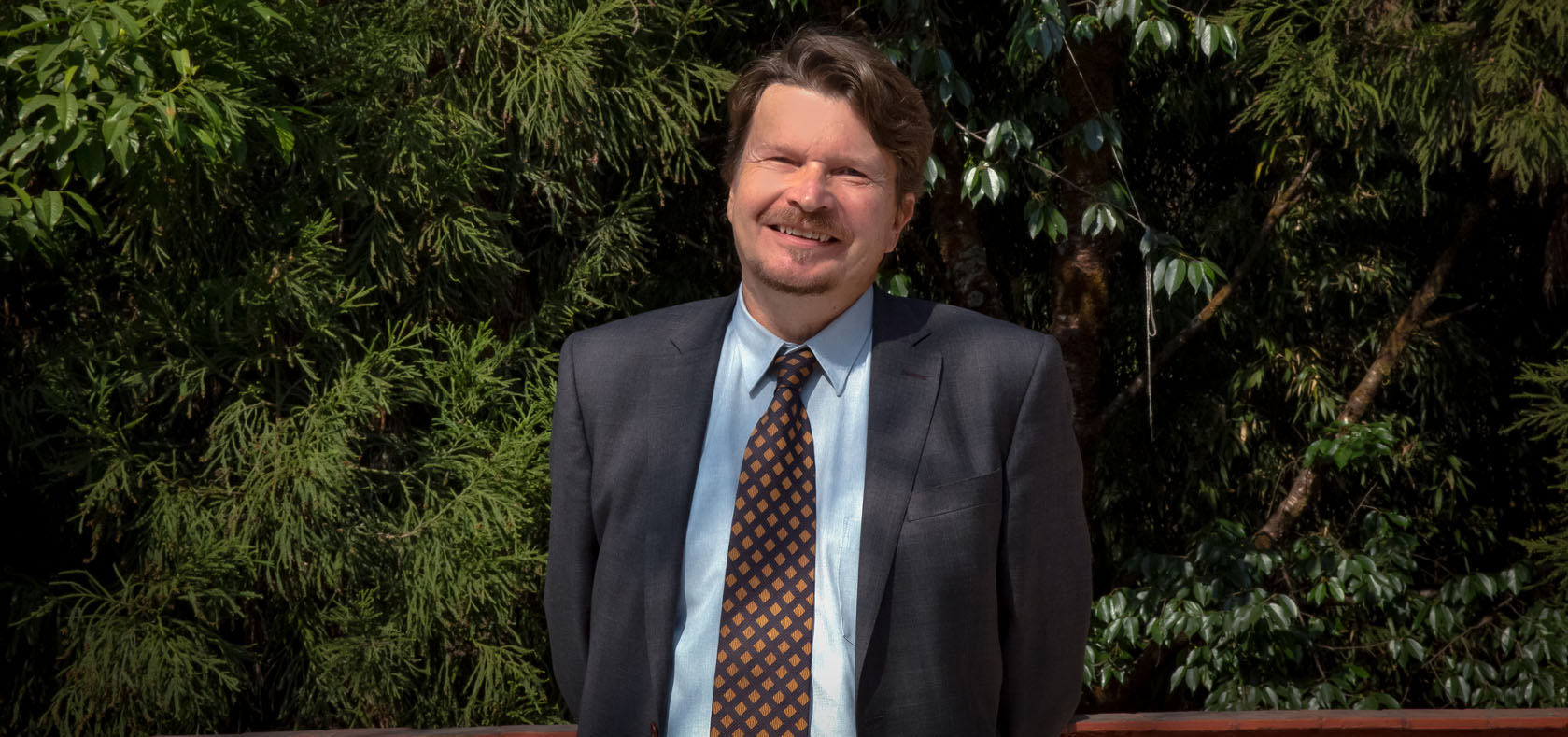Take Five: “Gender equality is everyone’s business and responsibility. When gender equality is effectively pursued, everyone wins.”
Date:
Interviewed by Sumiran Shrestha

H.E. Pertti Anttinen served as the Ambassador of Finland to Nepal between September 2018 and August 2022. Strengthening the status and rights of women and girls is a key priority in Finland’s development policy and cooperation. In 2019, Mr. Anttinen served as the EU Gender Champion, and advocated the advancement of the rights of women and girls in Nepal. This year, Finland and UN Women celebrated 10 years of collaboration in advancing gender equality and women’s empowerment in Nepal. We spoke to Mr. Anttinen at the end of his tenure and asked him about his views on the status of gender equality in Nepal.
1. The Government of Finland is one of the most important development partners investing in Nepal. What are the three priority areas you have chosen to support in Nepal?
From 2021 to 2024, Finland’s bilateral development cooperation with Nepal focuses on: 1) improved climate resilience and health through sustainable water supply, sanitation, hygiene, and livelihood development; 2) an inclusive education system; 3) equality and prosperity for all women and girls, including those with disability and those in vulnerable positions. Gender equality and social inclusion are also cross-cutting objectives in all our development cooperation.
2. Gender equality and women’s empowerment has progressed over time. How do you see the development of gender equality during your tenure in Nepal?
Nepal has taken many steps to address gender inequality, such as the 2015 Constitution, and has signed many international gender-related instruments. Thanks to the constitutional provision that sets aside 33 per cent of seats for women and proportional representation from marginalized groups in all state mechanisms, the country has had more women in the legislature during my tenure. However, the presence of women in decision-making bodies and high-skilled positions in politics and economy has not always translated into actual power. There remains a lot of work to be done. For example, there is a pressing need to support and invest in women with disabilities.
3. You have stated that women's equal participation in politics and the economy is critical for gender equality. In your perspective, what key issues are needed to advance gender equality and women’s empowerment in Nepal?
The advancement of gender equality and women’s empowerment is possible only in an environment that enables all women and girls to be safe, offering them equal opportunities in all spheres of life. A fundamental barrier that remains a challenge in Nepal is structural discrimination in society, including caste-based and gender-discriminatory social norms. There is a need for continued dialogue between the government, civil society, academia, the private sector and other stakeholders. It is important to include those that are being discriminated and excluded in these discussions.
4. As a person who has worked in diverse cultures, in what ways do social and cultural norms affect the rights of women and girls?
Across the globe, despite progress made over the years in securing women's rights, women and girls continue to experience discrimination and violence, and are being denied equality, dignity, autonomy, and even life. In Nepal, harmful and discriminatory cultural practices, such as chhaupadi, dowry and early marriage, still exist. These greatly hinder the ability of women and girls to reach their full potential and live a dignified life. Youth engagement is crucial in reshaping intergenerational discriminatory norms and behaviours in communities. The Embassy of Finland and UN Women are currently engaged in an innovative initiative to foster changes in social norms by supporting the voice and agency of women and excluded groups.
5. Your tenure as Ambassador to Nepal witnessed a devastating global pandemic. How do you view the impact of COVID-19 on gender equality, and what was your response?
The COVID-19 pandemic had an overwhelming impact on gender equality and women’s empowerment in Nepal. The pandemic highlighted and enlarged existing inequalities prevalent in society for women and girls. It also led to an increase in domestic violence. Thousands of people lost their jobs and livelihoods, with a particularly distressing impact on women and excluded groups. Finland, together with UN Women, responded through the Comprehensive Relief Package providing both cash and in-kind support, ensuring access to food, clean energy, essential supplies, information, healthcare, and financial as well as digital services.
Finland also committed to support Nepal in the Green, Resilient and Inclusive Development approach that aims to achieve economic growth, while addressing environmental degradation and social inequalities.